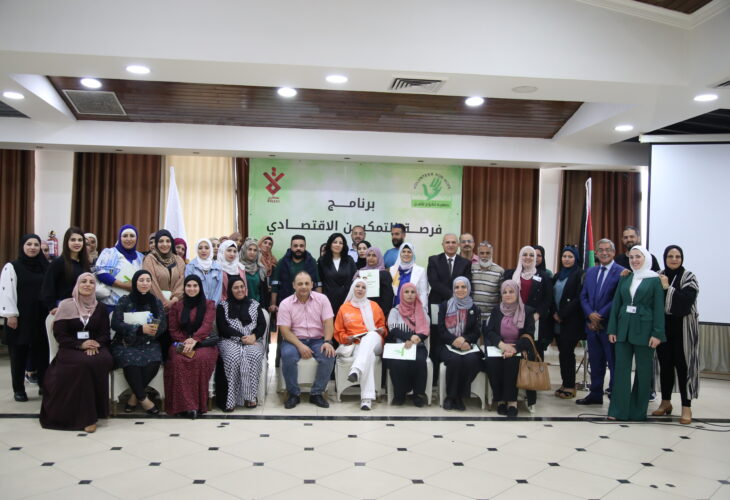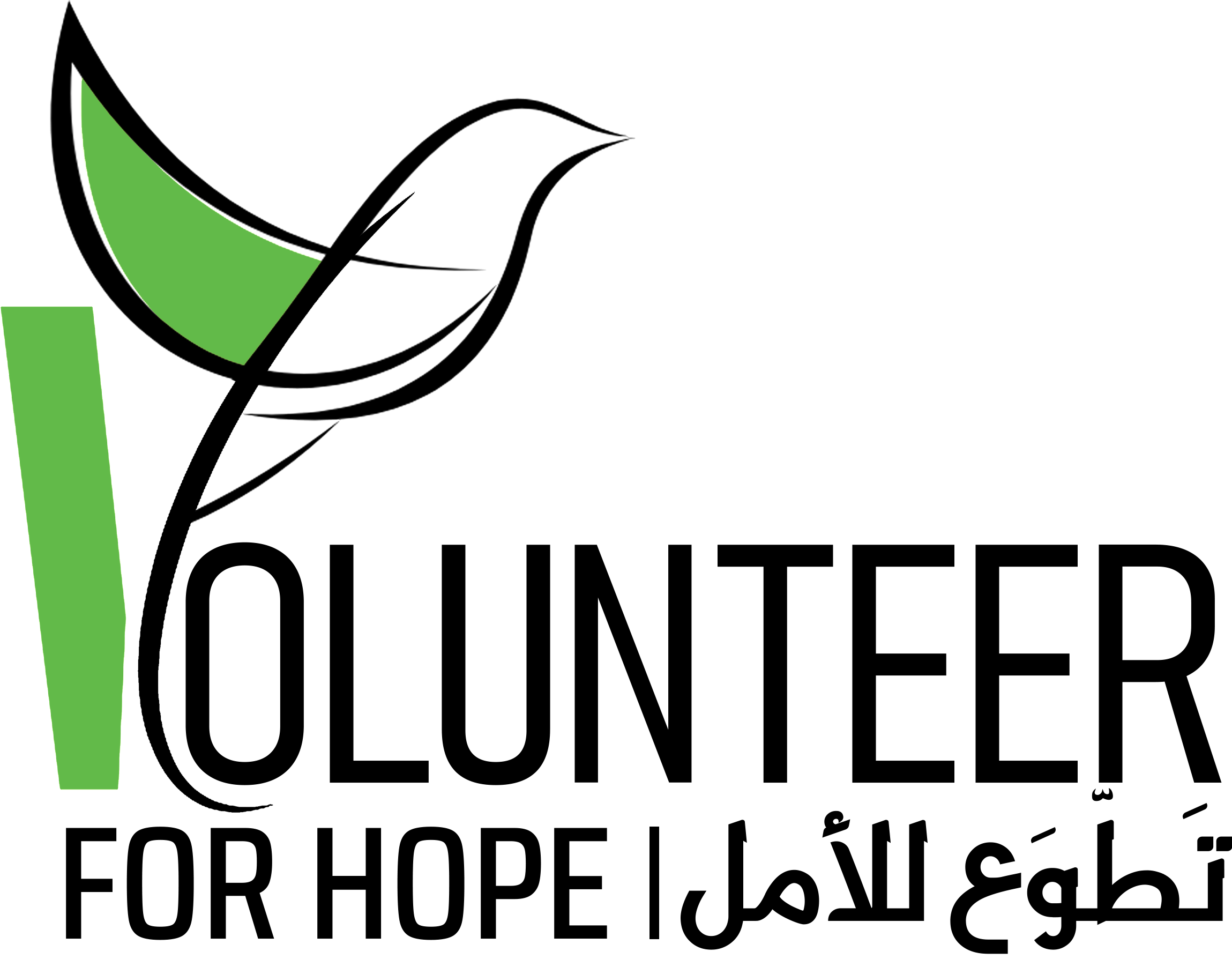Close
Contact us
Our address
- Ramallah - Al-Masyoun - Yabous Building, 4th floor
- +97022966407
- [email protected]
FORSA for Economic Empowerment Program
- Home >
- Our Projects >
- FORSA for Economic Empowerment Program

01Jun’23
FORSA for Economic Empowerment Program 23-26, funded by the Palestinian National Economic Empowerment Institute (PNEEI), collaborates extensively with a broad network of community organizations. These organizations have previously worked closely with the Volunteer for Hope Organization in target communities, offering comprehensive support to marginalized families and groups in Jerusalem, particularly focusing on women and youth. Through a specialized team within the organization, we ensure effective targeting and achievement of the program’s anticipated outcomes, leveraging the VHO’s strong community base and close ties with marginalized areas. Beneficiaries in targeted communities trust in the organization services and its role in strengthening the resilience of Palestinian women in Jerusalem, enabling them to pursue economic empowerment.
Target Groups
FORSA for Economic Empowerment program targets Jerusalem Governorate communities both within and beyond the separation wall, including refugee camps, as well as villages in the Jerusalem suburbs, such as northwest Jerusalem villages like Biddu, Beit Ijza, Beit Anan, and other marginalized or affected villages and communities. The program primarily focuses on marginalized women who are family breadwinners in these target communities, as well as youth at risk of social challenges, including violence, addiction, and other social issues in the Jerusalem Governorate. Women in these areas face additional barriers due to social constraints and cultural norms that limit their roles and hinder their economic participation.
Project Methodology
The project’s approach is cantered on developing a scalable economic model through the creation of a small, competitive, and innovative business project that focuses on sustainability, market demand, and community needs. The project should be innovative, tailored to specific groups, and designed to meet their needs outside of any specific seasons. VHO adopts a practical selection methodology that includes product selection, business planning, and economic model testing, with thorough assessments of economic feasibility, establishment costs, and training needs. It provides technical and financial support for establishing and sustaining these projects.
Additionally, the program includes capacity-building for beneficiaries through training programs in project planning, management, and specialized technical fields to create job opportunities for the beneficiaries.
Project Timeline
The program spans three years, from June 1, 2023, to May 31, 2026, aiming to empower over 80-100 beneficiaries in various fields and establish at least 60 income-generating projects in Jerusalem Governorate. The program also aims to create employment opportunities for 10 targeted women, focusing on building beneficiaries’ technical and managerial capacities, establishing their projects, or providing paid employment opportunities.
Project Implementation Phases
1- Targeting and Selection:
The targeting and selection process follows a specific methodology defined by the association. It begins with preparing an initial application form to apply for the grant, then opens the application process both online and in print through awareness events about the program and its objectives. Efforts are made to ensure accessibility for all target communities and transparency in receiving applications through various channels. Afterward, applications undergo a detailed process that includes analysis, interviews, and field visits to select the targeted beneficiaries.
2- Capacity Building:
Training and skills-building are crucial in ensuring the success and continuity of the funded small projects, as they rely heavily on beneficiaries as primary contributors. This process equips beneficiaries with essential administrative, financial, legal, sales, marketing, and business management skills related to managing small and micro-enterprises, laying a foundational support structure for project sustainability and success.
3- Grant Distribution:
The program provides financial grants to beneficiaries to support the creation of their small businesses by supplying necessary equipment, devices, and tools. Required materials and equipment are determined through a detailed project analysis based on implementation plans, developed in partnership with the beneficiary and aligned with program procedures.

